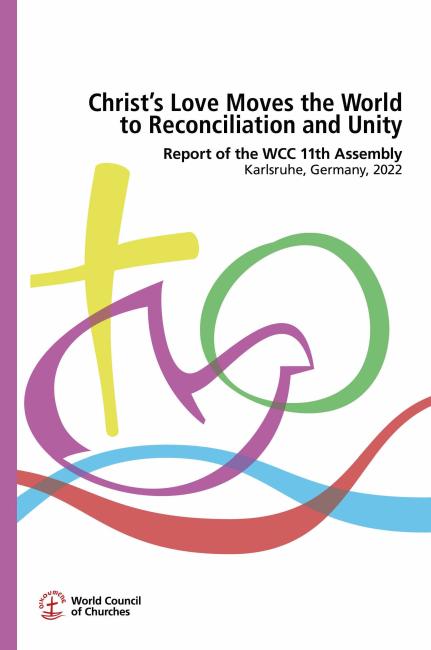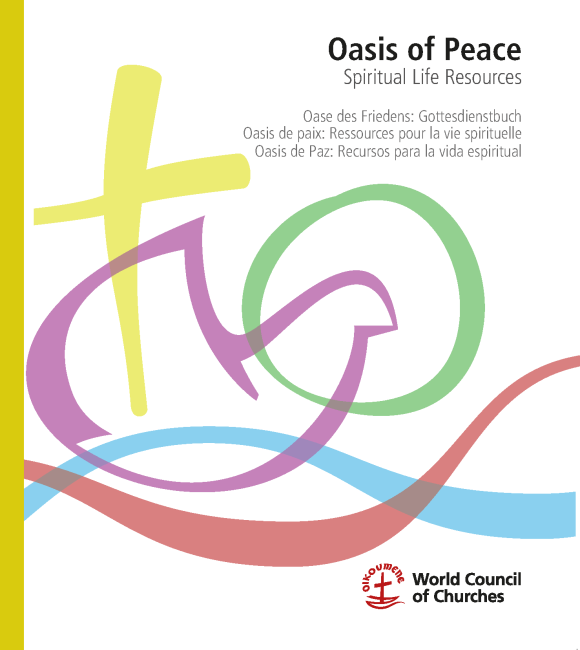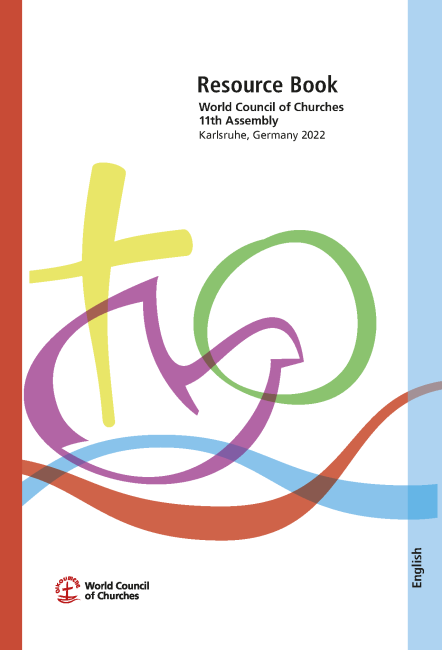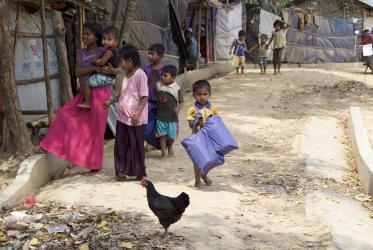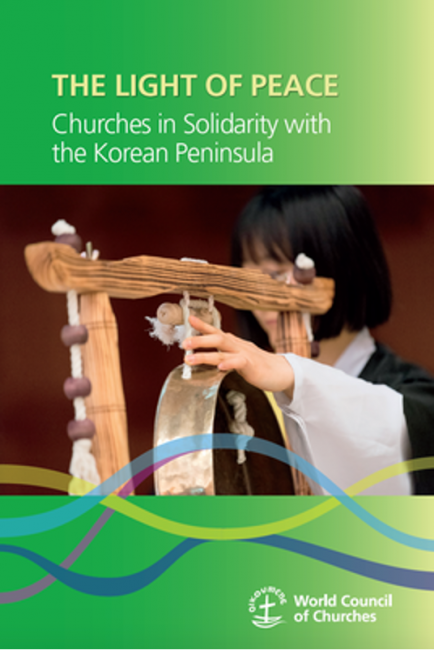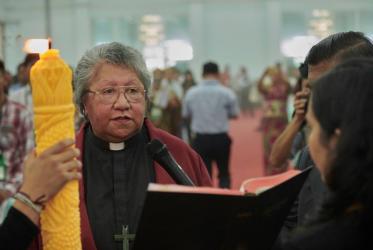Displaying 1 - 20 of 40
Love and Witness
Proclaiming the Peace of the Lord Jesus Christ in a Religiously Plural World
18 January 2021
“From faith to action” conference will explore ways to protect children’s rights affected by migration
10 - 11 December 2020
Online
WCC stands behind “Statement on Faith in Action for Children”
26 November 2020
A passionate Korean feminist and ecumenist
21 August 2019
#WCC70: Nathan Söderblom, ecumenical pioneer
29 August 2018
In Nigeria, WCC workshops focus on human rights
04 December 2017

